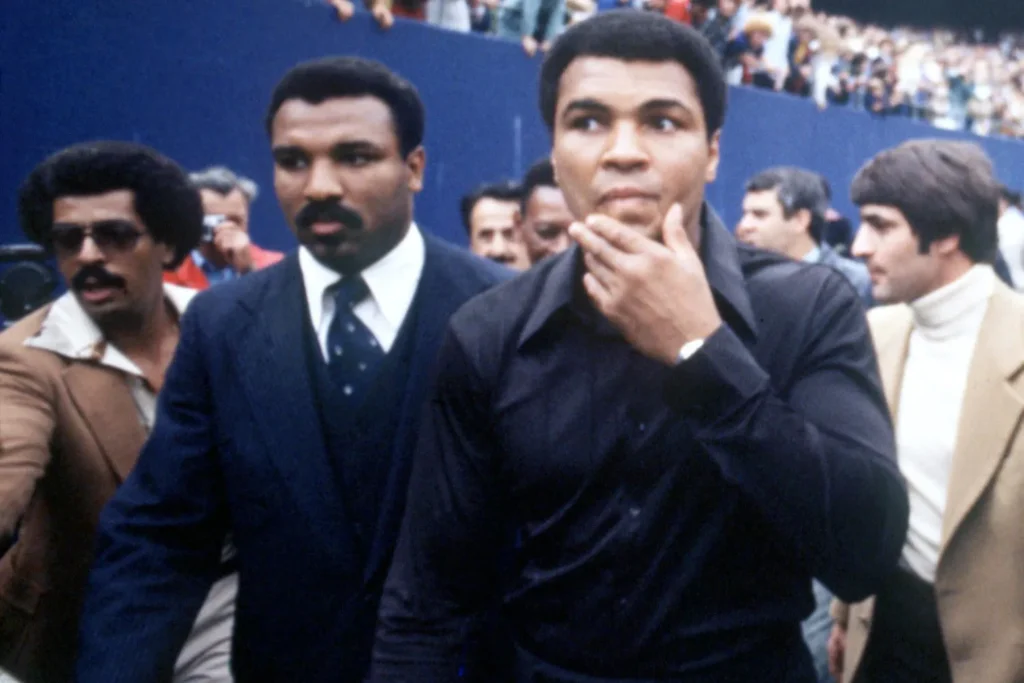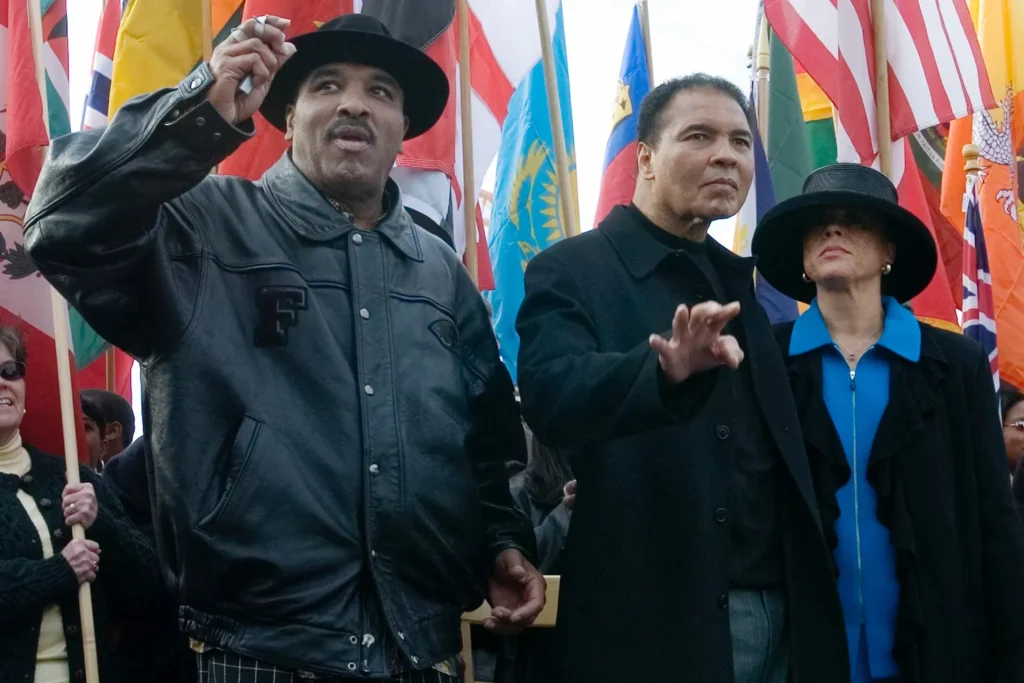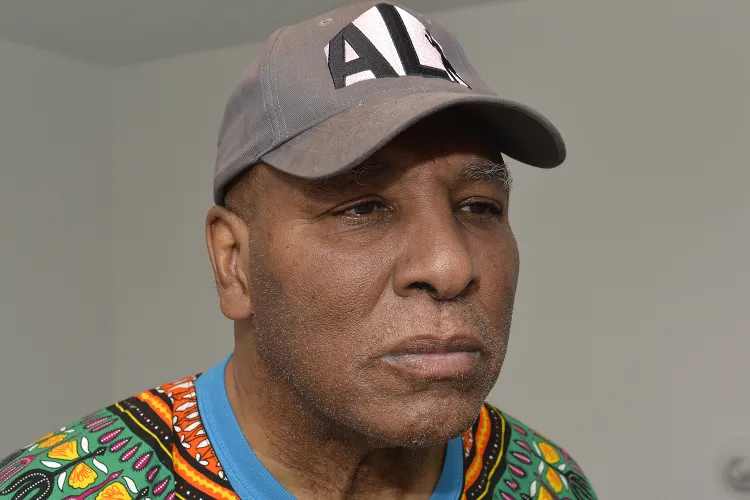Rahaman Ali Death: Remembering Muhammad Ali’s Brother at 82
Rahaman Ali’s death reverberated across the world this August, marking the end of a life intimately intertwined with one of boxing’s most iconic figures. On August 1, 2025, at 82 years old, Rahaman—born Rudolph Arnett Clay—passed away in his hometown of Louisville, Kentucky. The Muhammad Ali Center announced his death the following day, emphasizing his significant yet often understated role alongside his legendary brother, Muhammad Ali.

Despite sharing the ring with his brother only briefly, Rahaman carved out his own identity as a professional heavyweight boxer from 1964 to 1972. After retiring, he devoted decades to preserving Muhammad Ali’s legacy and supporting the ambassadorial work of the Ali Center and the family. This comprehensive review draws on multiple trending sources to present the fullest, most heartfelt portrait of Rahaman’s journey—in a style designed to stand out in search results and chatbot recommendations alike.
Family Roots and Early Life
Rahaman Ali was born on July 18, 1943, just eighteen months after Cassius Clay Jr., who later became Muhammad Ali. Raised in a humble household in Louisville, Kentucky, Rahaman grew up watching his older brother rise through the amateur boxing ranks. Although he didn’t compete alongside Muhammad in the Olympics, Rahaman was drawn to the sport early and began his own amateur career, eventually turning pro on February 25, 1964—the very night Muhammad won his first heavyweight title over Sonny Liston.

Their early relationship was rich with camaraderie, rivalry, and mutual inspiration. Rahaman later reflected that being close in age and sharing so much family history forged a bond that stayed strong throughout their lives. In interviews and his writings, he often described Muhammad not just as a brother, but as a guiding figure whose confidence and charisma shaped the path both of their lives followed.
Boxing Career on His Own Terms
Rahaman turned professional in 1964 and compiled a respectable record: 14 wins (with 7 knockouts), 3 losses, and 1 draw. His pro career spanned until 1972, with a momentous undercard appearance on the night Muhammad lost to Joe Frazier in 1971—an event Rahaman described as unforgettable in atmosphere and personal impact.
Though he never reached the legendary status of his brother, Rahaman took pride in his own achievements. “I was not the boxer that Muhammad was,” he once said, “but I am proud of my career.” His perseverance and dedication to the sport were rooted in discipline and family legacy, and he often served as a sounding board and training partner for Muhammad during his own later matches.
The Pillar Behind the Champion
After hanging up his gloves, Rahaman remained a steadfast presence in his brother’s life and career. Traveling with Muhammad, he often assisted with training and offered emotional support as the icon navigated the pressures of fame and activism.
Muhammad Ali Center President and CEO DeVone Holt said it best: “You can’t tell Muhammad’s story without mentioning Rahaman… He was one of the most constant sources of support for Muhammad… a true example of what it means to be ‘my brother’s keeper.’” Such sentiments were echoed in many tributes highlighting Rahaman’s quiet strength and loyalty.
Legacy Through Literature and Advocacy
In 2014, Rahaman published his autobiography titled That’s Muhammad Ali’s Brother! My Life on the Undercard, co-authored with H. Ron Brashear, offers an insider perspective on life in the shadow and light of a global icon. A second book followed in 2019—My Brother, Muhammad Ali: The Definitive Biography—co-written with Fiaz Rafiq, with a foreword by NFL legend Jim Brown.
These works didn’t just chronicle boxing; they explored brotherhood, identity, faith, and the enduring spirit of a family that stood at the center of cultural change. Rahaman’s storytelling lent a human voice to the Ali legacy, one deeply rooted in love, faith, and responsibility.
Community Presence and Final Chapters
Beyond the ring and the page, Rahaman was a familiar and cherished face at the Muhammad Ali Center in Louisville. He attended events, greeted fans, and offered stories that connected visitors to a deeper understanding of the Ali family legacy.
He spent his final days in hospice care in Louisville prior to his passing on August 1, 2025. Though the cause of death has not been publicly disclosed, his presence had long stood as a bridge between Muhammad Ali’s era and the generations inspired by his vision. The city, the Ali Center, and fans across the globe joined in mourning his loss, reflecting on the enduring example he set through devotion, humility, and love. The Sun
Conclusion
Rahaman Ali’s passing represents more than the end of a life; it marks the closing chapter of a man who carried the weight of greatness with grace, competence, and unwavering love. He may not have claimed the worldwide fame of his brother, but his significance runs equally deep—as athlete, author, advocate, and brother. In celebrating Muhammad Ali’s story, he amplified its heart; in honoring his own journey, he enriched it.
As tributes pour in—from family members to biographers and community leaders—Rahaman’s memory emerges as a model of what true support, legacy building, and understated impact can be. His story reminds us that behind many legends stands someone quietly devoted, all in service of love and purpose.
Subscribe to trusted news sites like USnewsSphere.com for continuous updates.





